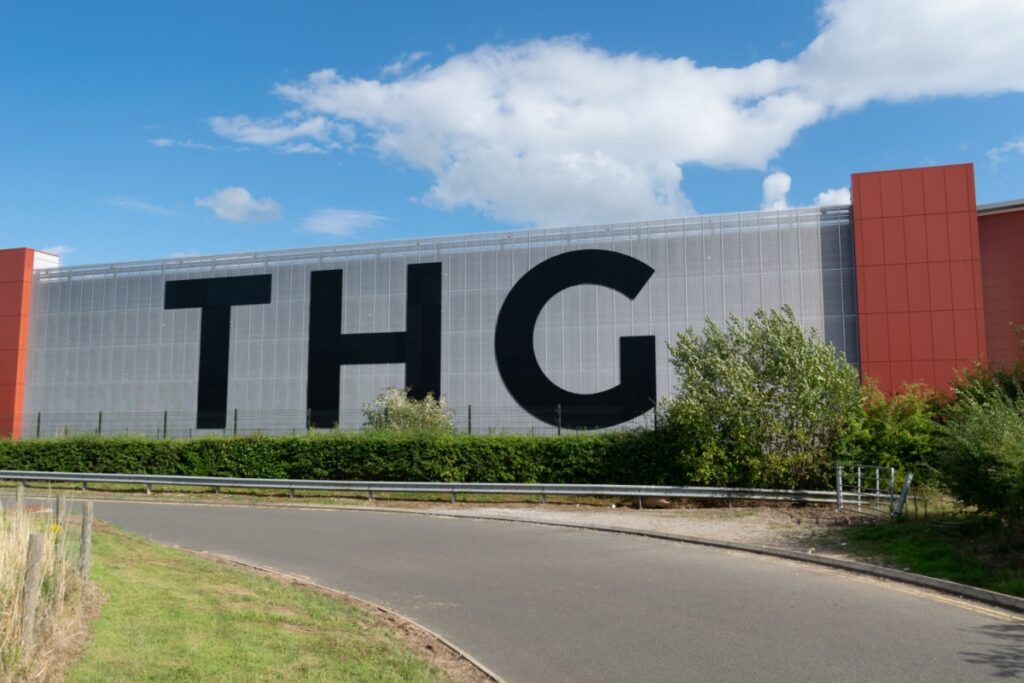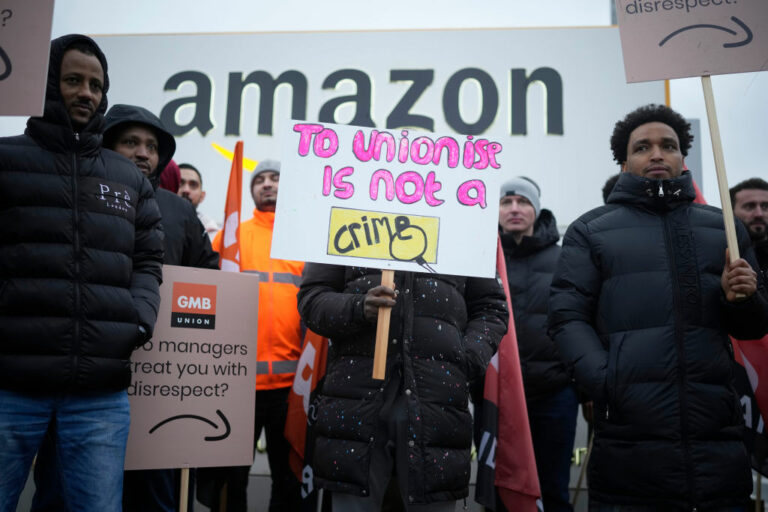// Ethical Trading Initiative has declined to participate in Boohoo’s independent inquiry into its UK supply chain practices
// ETI said it will not give evidence because the review “cannot be fully independent”
Ethical Trading Initiative (ETI) has refused to give evidence to Boohoo’s QC-led investigation into the fast fashion retailer’s UK supply chain practices.
The labour rights watchdog has criticised the focus of the independent inquiry, questioning the review’s “impartiality and breadth”.
ETI said it will not give evidence because the review “cannot be fully independent”.
READ MORE:
- Barrister issues public call for evidence on Boohoo working practices
- Asos reveals new supply chain pledge following Boohoo scandal
“We do not believe than an inquiry commissioned by Boohoo and paid for by Boohoo can be fully independent,” ETI said.
“We would expect a wide number of stakeholders who understand the complexities of the UK garment industry to be involved in a truly independent inquiry.
“Many of those stakeholders have been working for some time to develop positive changes to the industry.”
Senior barrister Alison Levitt QC launched the review of Boohoo’s UK supply chain earlier this month following allegations of mistreatment of garment workers at Leicester factories which supply garments to the retailer.
Levitt said she would like to hear from members of the public who have information in relation to the working conditions in factories in Leicester.
She is also looking to investigate whether Boohoo knew about those conditions, including to which extent they monitored their Leicester supply chains.
The ETI has called the investigation “narrow”, and said it is “designed to focus us on individual factories and suppliers, rather than looking at the business practices that feed this environment”.
“The volume of production undertaken in Leicester makes it the centre of public attention at the moment, but it is important to remember that other cities in the UK also have similar, albeit better hidden, challenges,” ETI said.
“Tackling these challenges through a questionnaire focusing upon individual factories and incidents in one city is not the best way to take forward a full investigation into these matters.
“This is a supply chain issue that begins with corporate business practices around purchasing and costing, but includes workplace and community exploitation. In this scenario it is often the workers that suffer as businesses avoid taking responsibility.
“We are working with responsible business members to eradicate these issues throughout their businesses and supply chains in a meaningful and long-lasting manner, but this does mean making significant changes to existing practices.
“One of those changes will mean assessing whether the price paid for a low-cost item feeds modern slavery. So far, we have not seen a willingness from Boohoo to engage in this process.
“We believe improvement is possible, but are unconvinced that this enquiry will make the required contribution to the wider dialogue needed.
“ETI is working with many organisations across the sector to bring about long-lasting changes to the UK garment sector, but that will necessitate brands like Boohoo changing their business practices.”
Levitt is due to provide her report by September 15.
Click here to sign up to Retail Gazette‘s free daily email newsletter


















